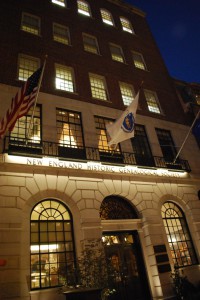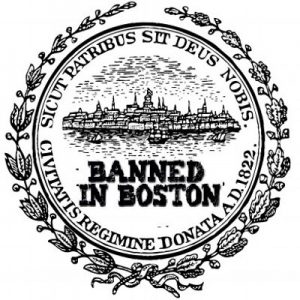
61 Bowdoin Street, Boston, Saturday, 15 April 1865: Oh, dark, dark day! Our great, good, wise President, is dead – assassinated in Ford’s theatre, in Washington City at about 20 minutes past nine last evg. Shot through the head, and lay insensible till about 22 minutes past seven this morning when he breathed his last. The assassin is supposed to be J. Wilkes Booth,[2] the actor, and brother to the great tragedian Edwin Booth.[3]
…At about the same hour another desperado made his way past the servants, into Secretary Seward’s[4] sick chamber, leaped upon his bed and stabbed him three times about the head and neck – stabbed Major Seward[5] in the arm & head – mortally wounded the nurse, a man, who leaped on the bed behind him and tried to pinion his arms – and also injured a state messenger, who was in the room – thus disabling entirely the four unarmed & astounded men who opposed him he too made his escape. Continue reading ‘The noble pilot’




